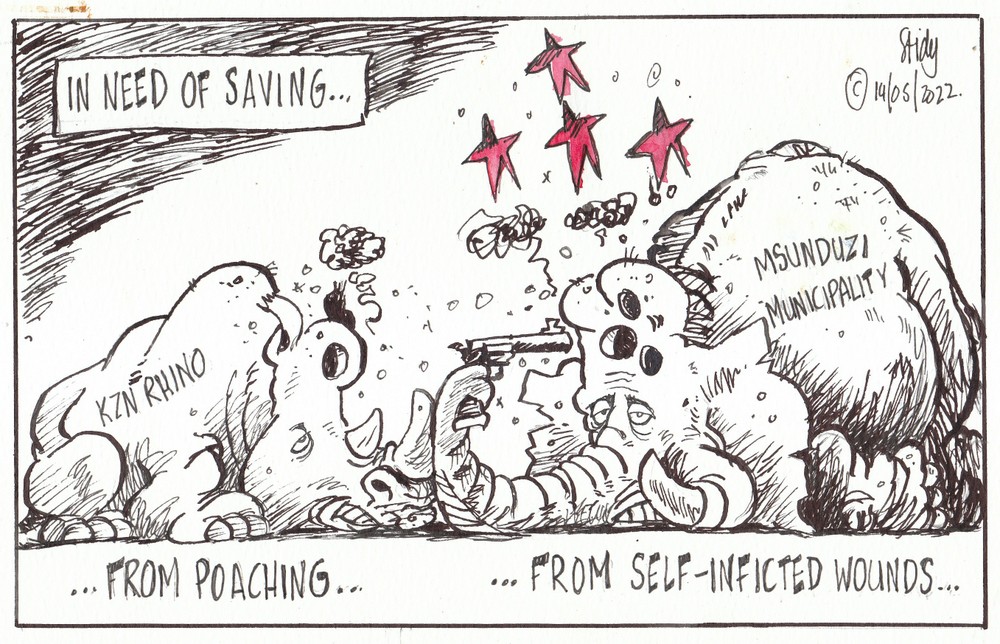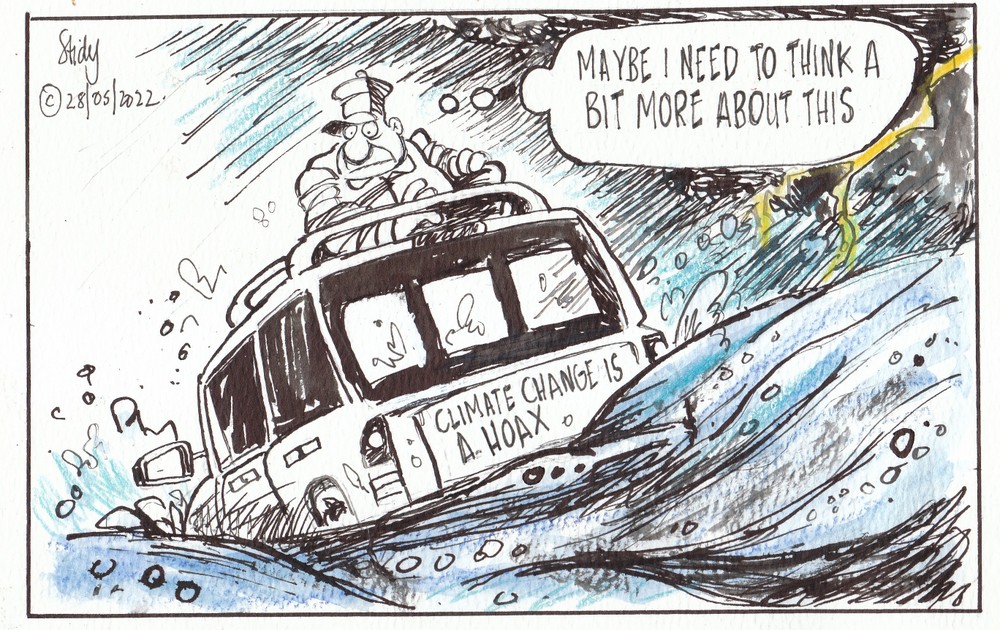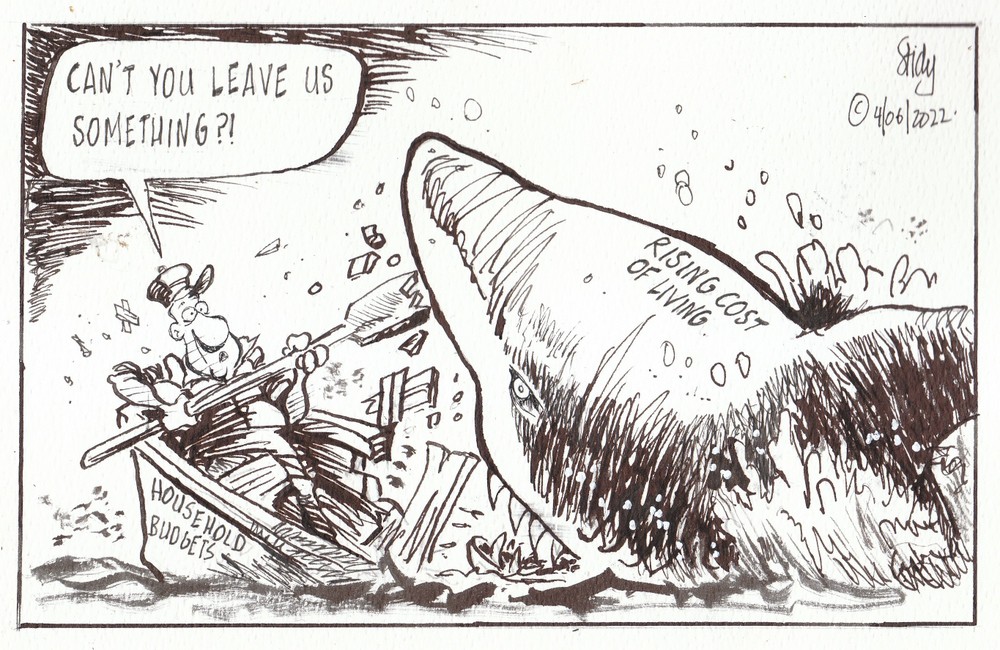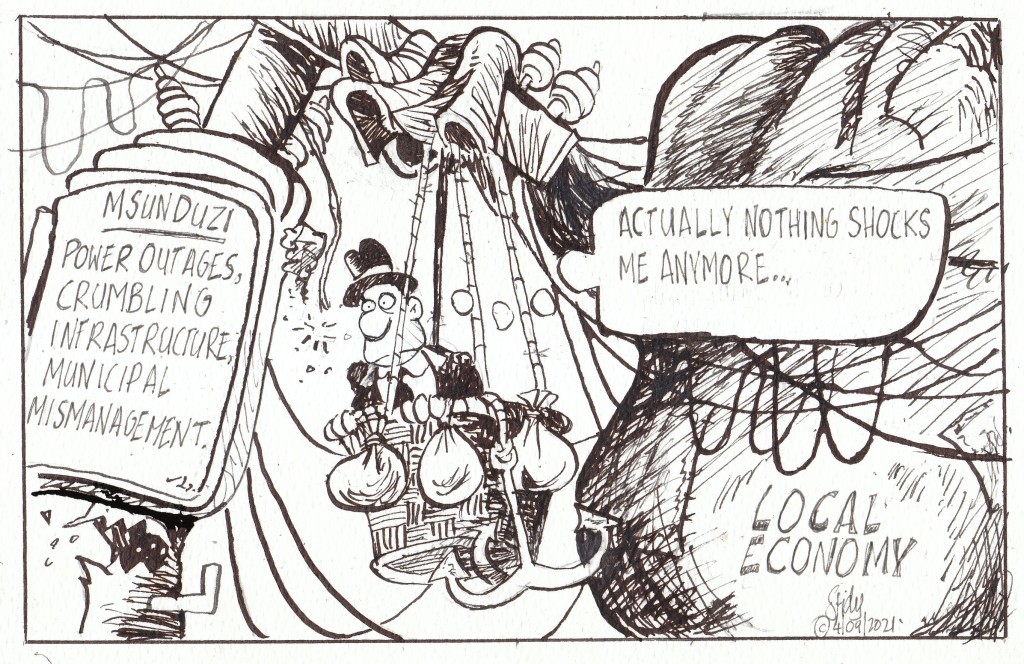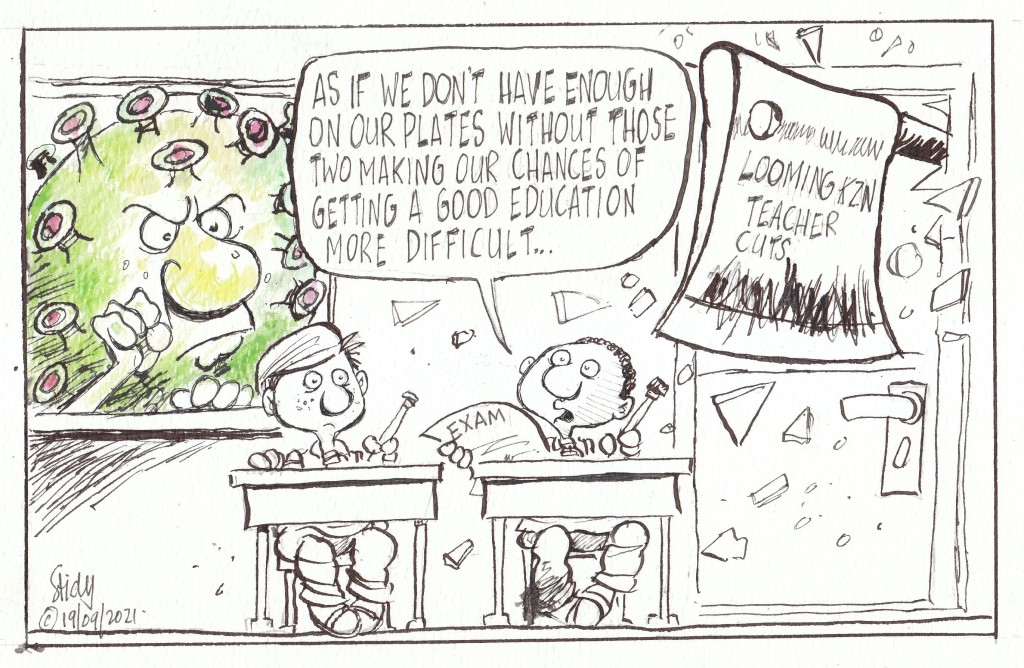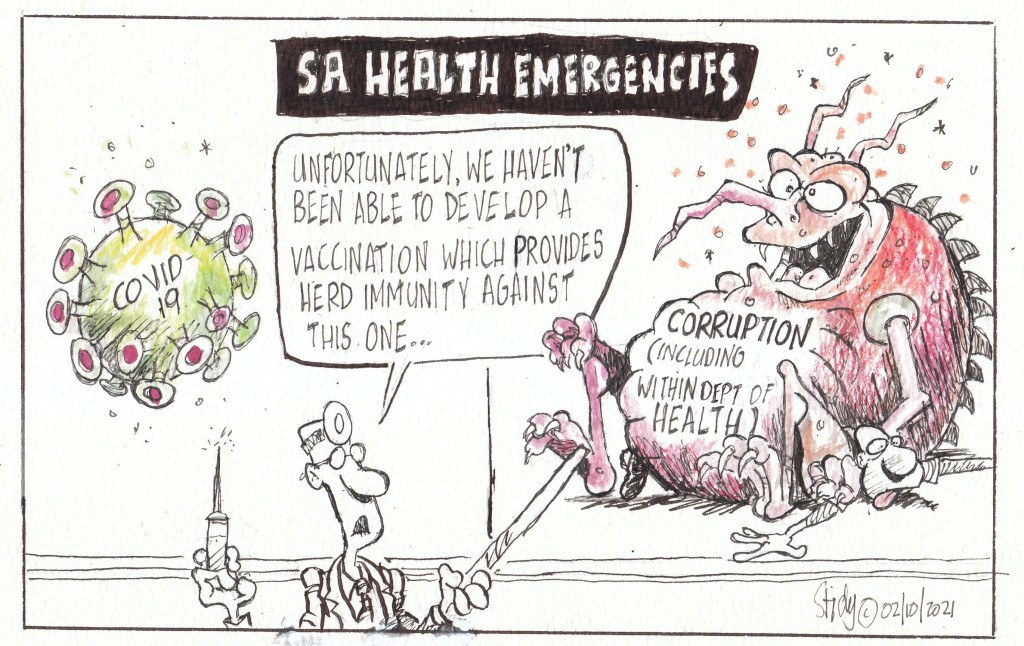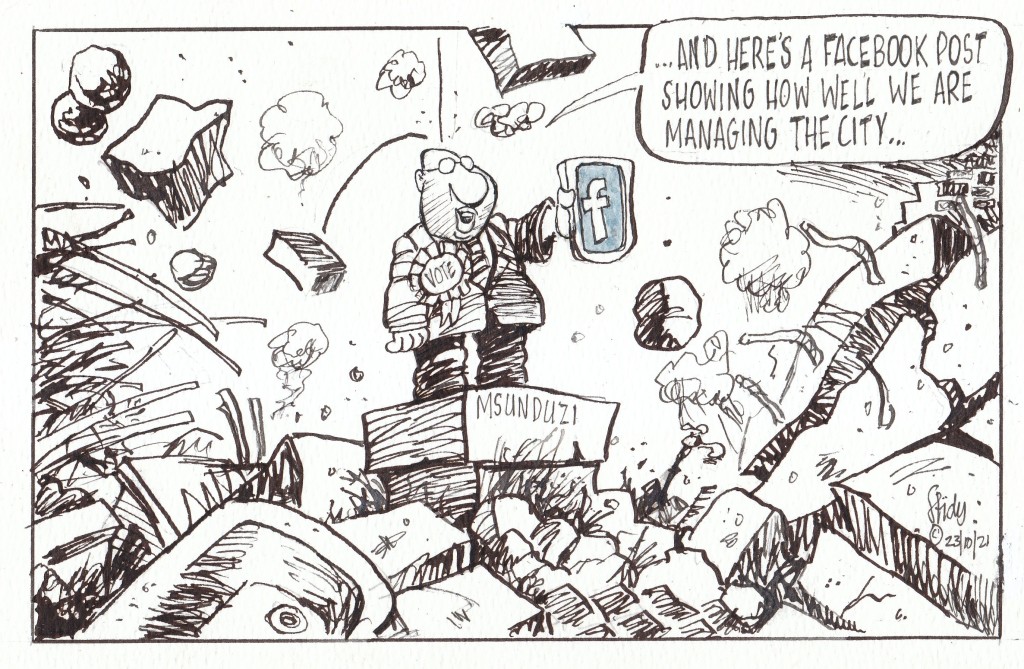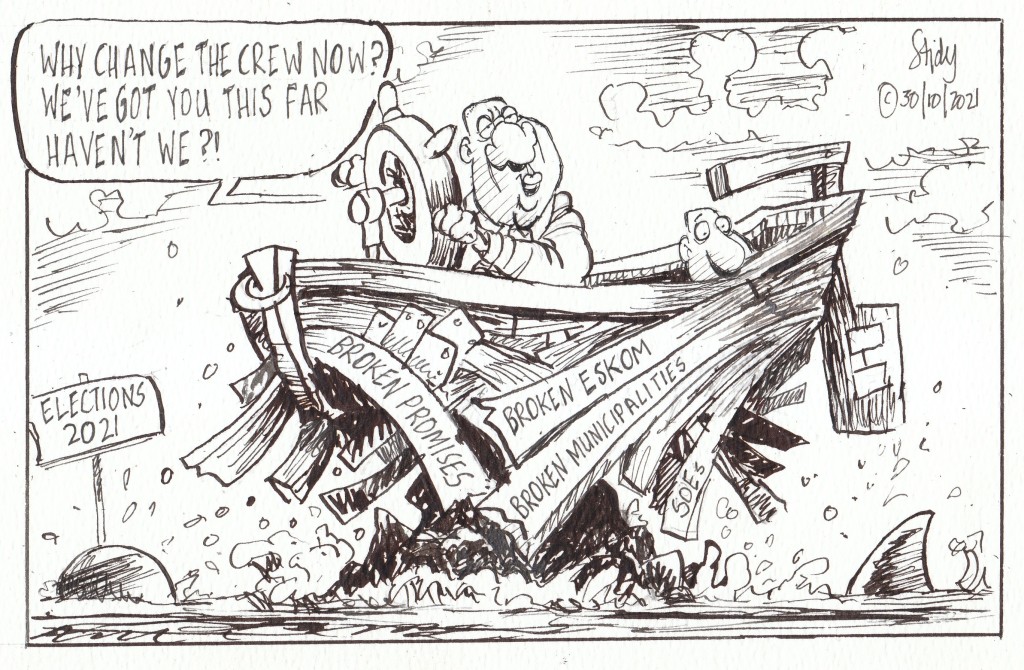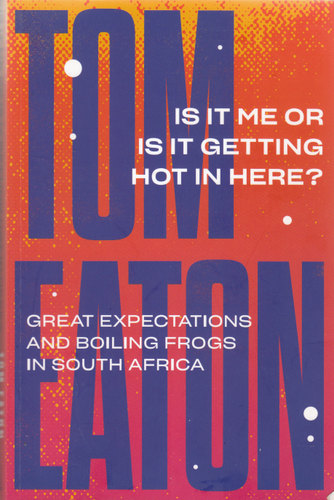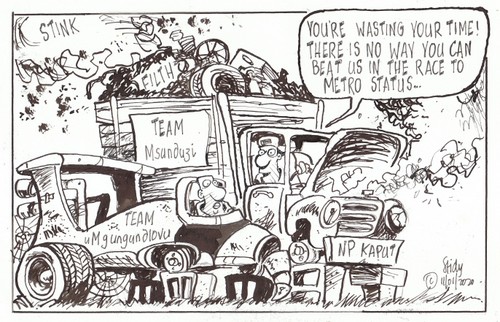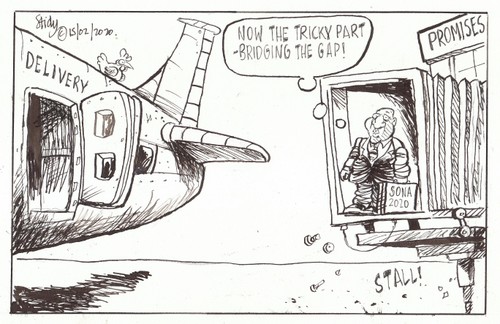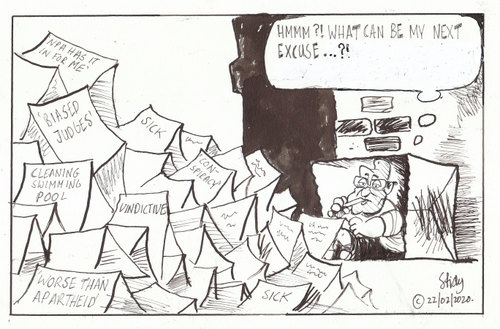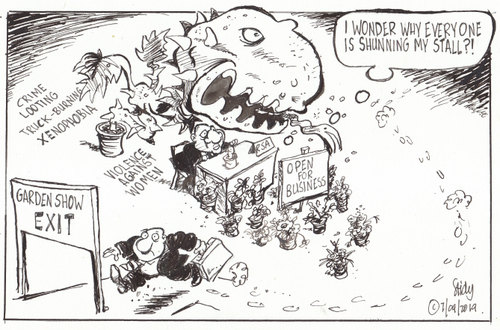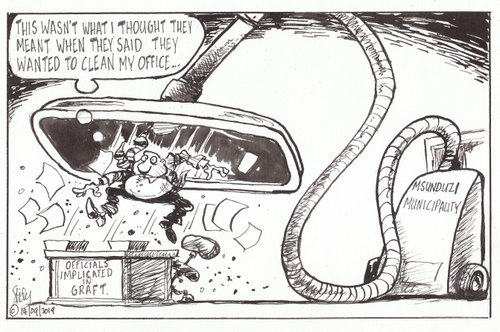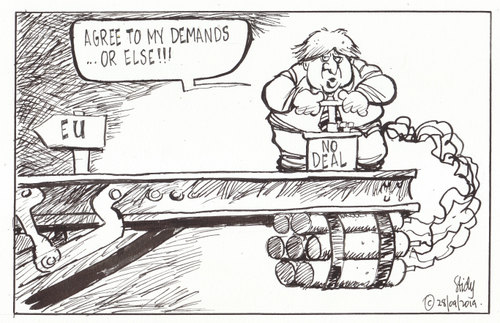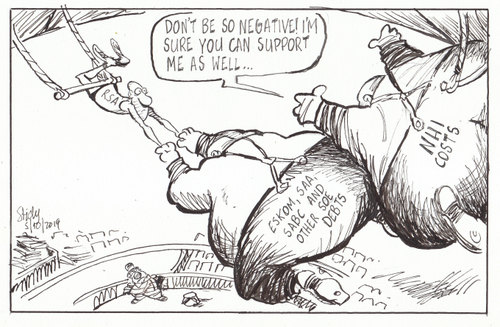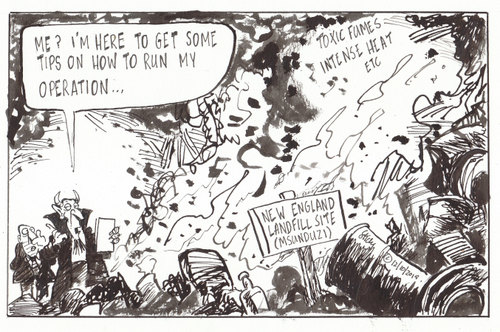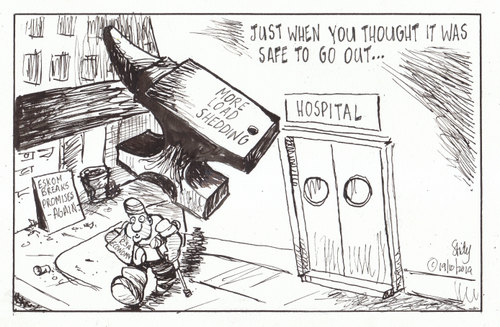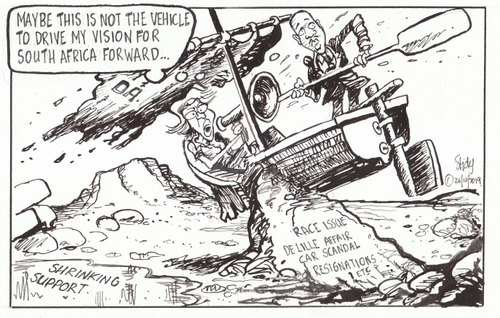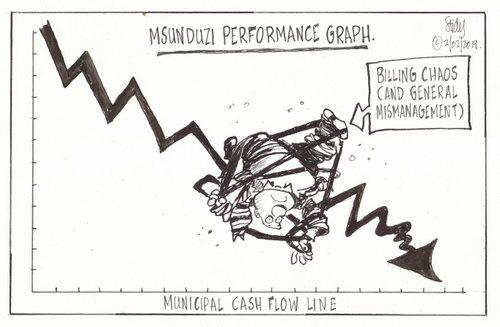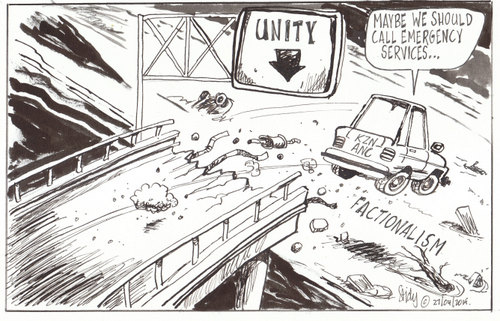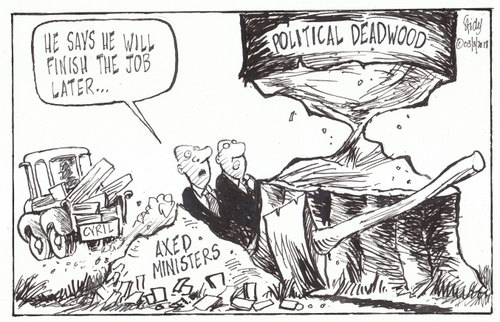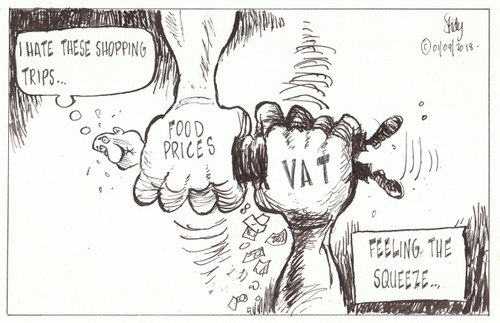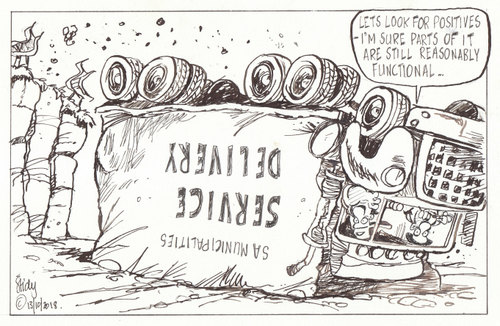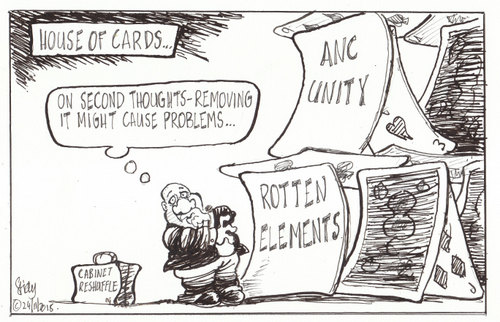With the latest fuel hikes, the already beleaguered South African consumer would have to find even more wriggle room in their monthly budgets to fill their tanks. They would also have to accommodate the rise in the cost of goods that would inevitably follow these price increases.

With the presidential race hotting up the probe into President Cyril Ramaphosa’s Phala Phala farm robbery reached a crucial stage. At this stage. the two front-runners appeared to be Ramaphosa and Dr Zweli Mkhize although an adverse finding against the president could affect his chances of being re-elected.

The SAHRC found that comments made by EFF leader Julius Malema constituted incitement to violence and hate speech and requested he retracts them. Having refused to do so, Juju, later in the same week, went on to demand that copies of Jacques Pauw’s Our Poisoned Land be removed from all bookstores because of specific allegations it made against him.
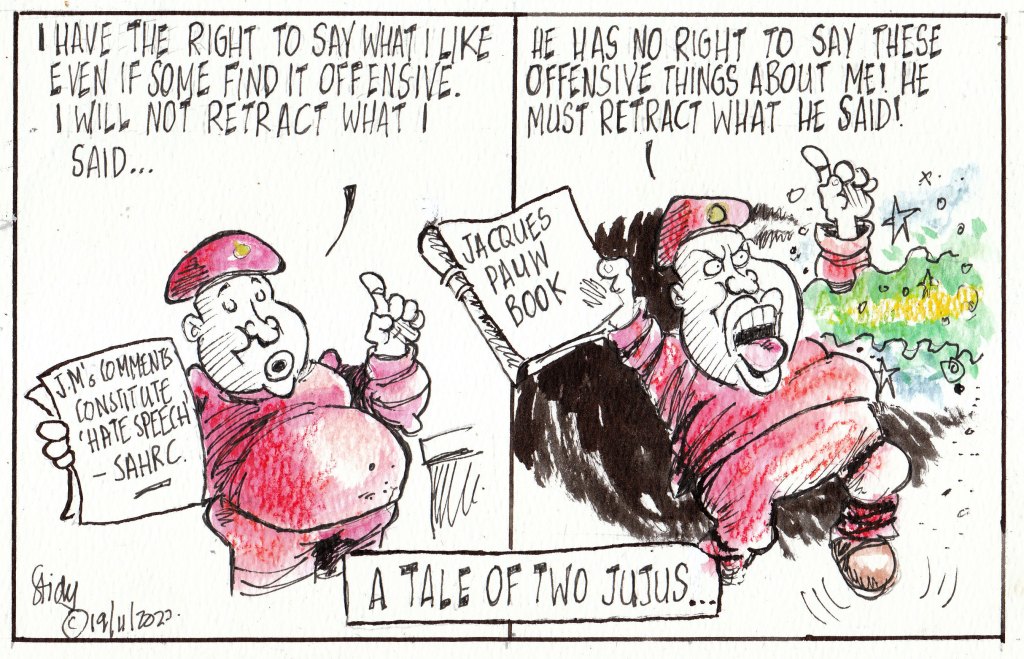
Responding to criticism in parliament over the ongoing Eskom crisis, Public Enterprises Minister Pravin Gordhan said government intervention, including President Cyril Ramaphosa’s energy plan and Integrated Resource Plan (IRP), should be given a chance to take effect.

The country was plunged into crisis as the section 89 panel set up to investigate the Phala Phala scandal found that President Cyril Ramaphosa had an impeachment case to answer over serious violations of the constitution for exposing himself to conflict of interest, doing outside paid work and contravening the Corruption Activities Act.
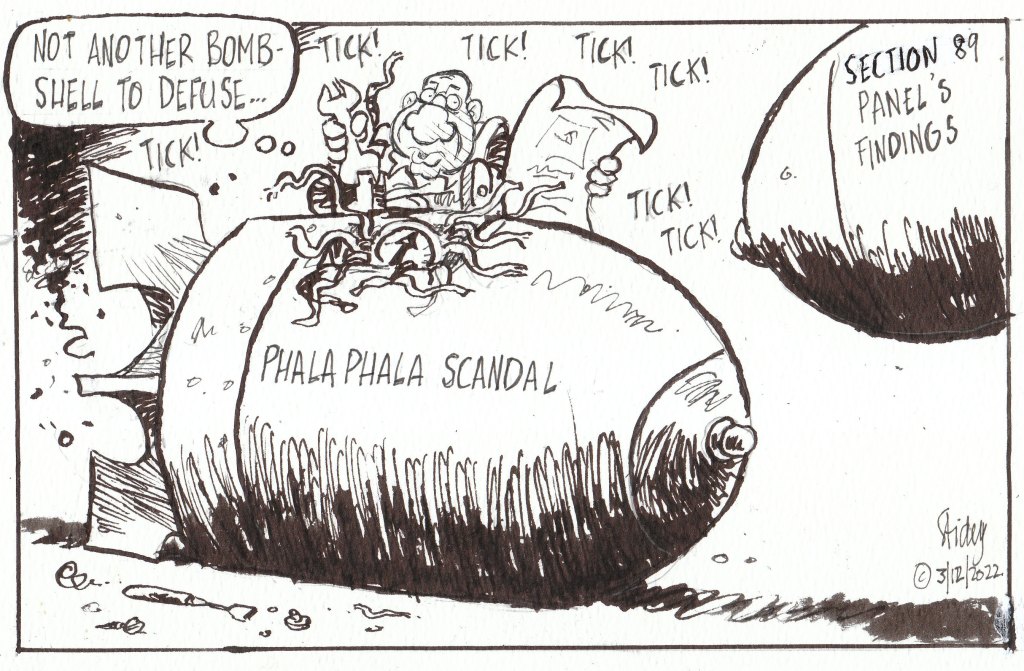
President Cyril Ramaphosa secured the political support of the majority of his party as the delay in the vote for his impeachment gave him respite for a week. The president slammed the Section 89 panel for relying on the Fraser accusations in their findings.

The ANC’s acting Secretary-General, Paul Mashatile, referred Nkosazana Dlamini-Zuma to the ANC’s disciplinary committee. This came after she went against party instructions to vote against adopting the Section 89 report on Phala Phala.

With Christmas fast approaching, South Africa continued to suffer relentless load shedding. Eskom was thrown into further disarray with the resignation of its CEO, Andre de Ruyter.

Cyril Ramaphosa was re-elected leader of South Africa’s ruling ANC Party despite being badly damaged by a cash-heist scandal that has dogged him for months. His re-election came at a time when the country was being beset on all sides by a multitude of crises – crises that threatened to get worse with every passing moment of indecision or inaction by Ramaphosa and his government.


